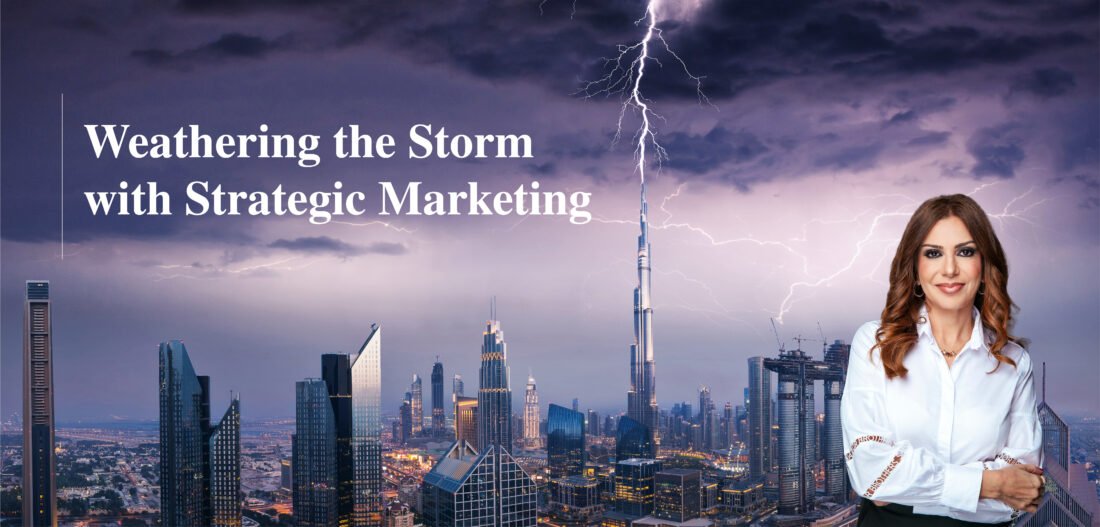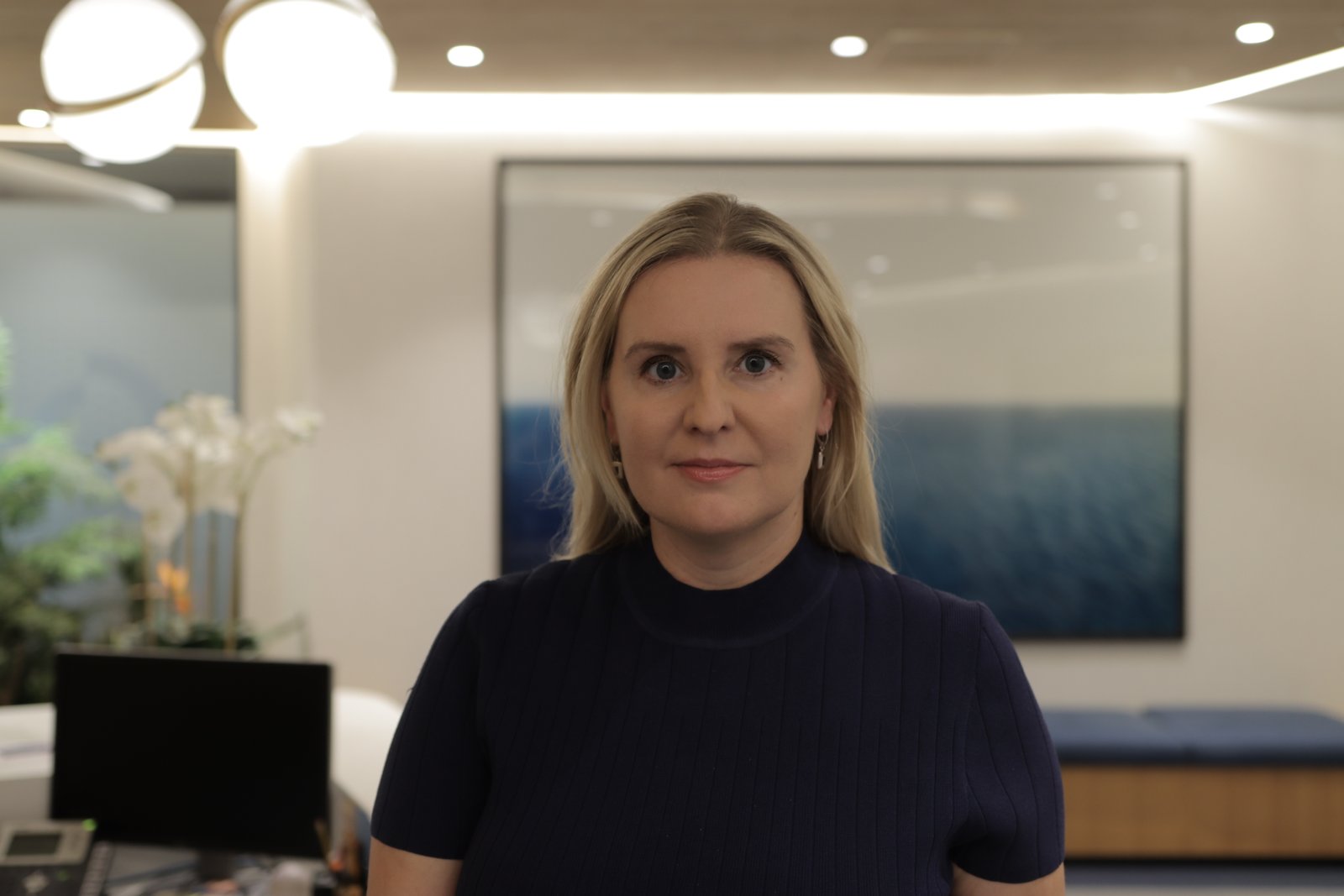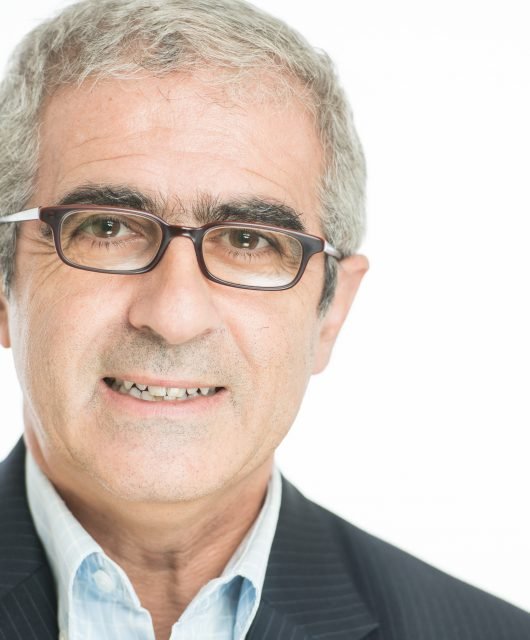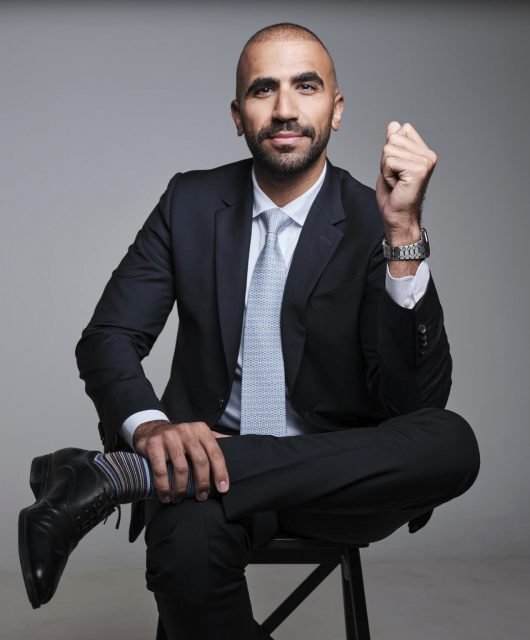Weathering the storm with Strategic Marketing and PR, By Marwa Kaabour
Last week, the UAE recorded its highest rainfall in 75 years, with 254.8 mm falling in the Khatm al Shikla area of Al Ain, highlighting the growing intensity of weather events. This extreme climate condition has impacted our community and businesses, but was also an eye opener to the variability that our climate systems are witnessing today.

Despite the storm interrupting operations for many entities, the response of the emergency teams has been nothing short of admirable, from getting on the roads – knee length in water – to steer traffic, plough out cars, and help pedestrians. The speed and agility, and above all the empathy, that the teams exhibited makes one rest assured that we are in safe and secure hands.
But this now begs the question… how can we – as Marketeers – similarly employ strategic marketing and PR to help businesses respond with versatility, speed, and collective compassion? What are the measures that we need to put in place that prioritise our employees’ safety and wellbeing, keep our customers informed, support the community, and protect our business interests?
To mitigate future impacts, businesses have to implement strategic initiatives focused on resilience and adaptability, like developing disaster preparedness plans ready for roll out at such times.
Here, digital platforms can also become heroes when offering people a channel to get their necessities, thus preserving their safety, during physical store closures. For instance, thank you to that supermarket chain who initiated free delivery to provide essentials safely, reinforcing its role as a trusted community partner.
From such strong community foundations, here are ways that marketers and brands can join the response squad through practical, timely, and effective strategic communications:
Crisis Communication: In uncertain situations, rumours and confusion can overwhelm people. We need to keep people “in the know”. So in effective crisis management, clear and timely internal communication with our employees and stakeholders is vital to dispel any uncertainty and keep everyone informed about safety measures and operational changes.
Employee Safety: At times of crisis, employees’ wellbeing is placed front and centre. As a business, we must think “safety first” when planning adjustments, and be empathetic to employee’s current circumstances.
Pause on Insensitive Campaigns: When crisis hits, the last thing you want to be doing is trying to promote your product to customers. What people will remember after the crisis subsides is how you as a brand helped them get through.
Be considerate and pause any leisure and luxury campaigns.
Responsive Marketing Strategies: If you, as a company, are able to extend support either through your products or service, then by all means go right ahead! But do so with genuine care for the community, because people can tell when an initiative carries promotional underpinnings.
Proactive Communication: A telecom provider, anticipating potential disruptions, offered free data, ensuring continuous connectivity to customers. As humans, we thrive on connecting and communicating with each other. At dire times, this sort of support goes a long way in comforting people and toning down feelings of being “disconnected” or “alone”.
Community Engagement: Once the crisis is past us, recognizing front liners, and celebrating the resilience of the local community is a nice way to say “we got through this together”. This can do wonders to what the community thinks of you as a brand that is “there” during tough tides.
Through each action, a brand that supports the community altruistically reinforces its position by saying “I truly care”. Let’s keep sharing and learning from each other’s experiences to build more resilient and effective marketing and communications strategies.
How is your brand addressing these evolving challenges?
About the author:
Marwa Kaabour is a CMO-level executive and an international best-selling author with 25+ years’ experience in establishing and leading strategic marketing communications for global and regional brands in the Middle East. Among her achievements is establishing marketing and communication functions from scratch for companies and government entities. In addition to her strategic ‘from scratch’ capabilities, developing core functions for large and portfolio businesses, leading cross-functional teams, and creating harmony and efficiencies in both marketing and comms — as well as contributing to organizational transformation.
Marwa was named Global Communication Leader of the Year 2023, Communicate Magazine’s Women To Watch 2022, Campaign’s Middle East Marketing Game Changer 2021 and was selected as one of LinkedIn’s Most Engaged Marketers 2021 and is presently LinkedIn Top Marketing, Branding and Internal Communication voice.





